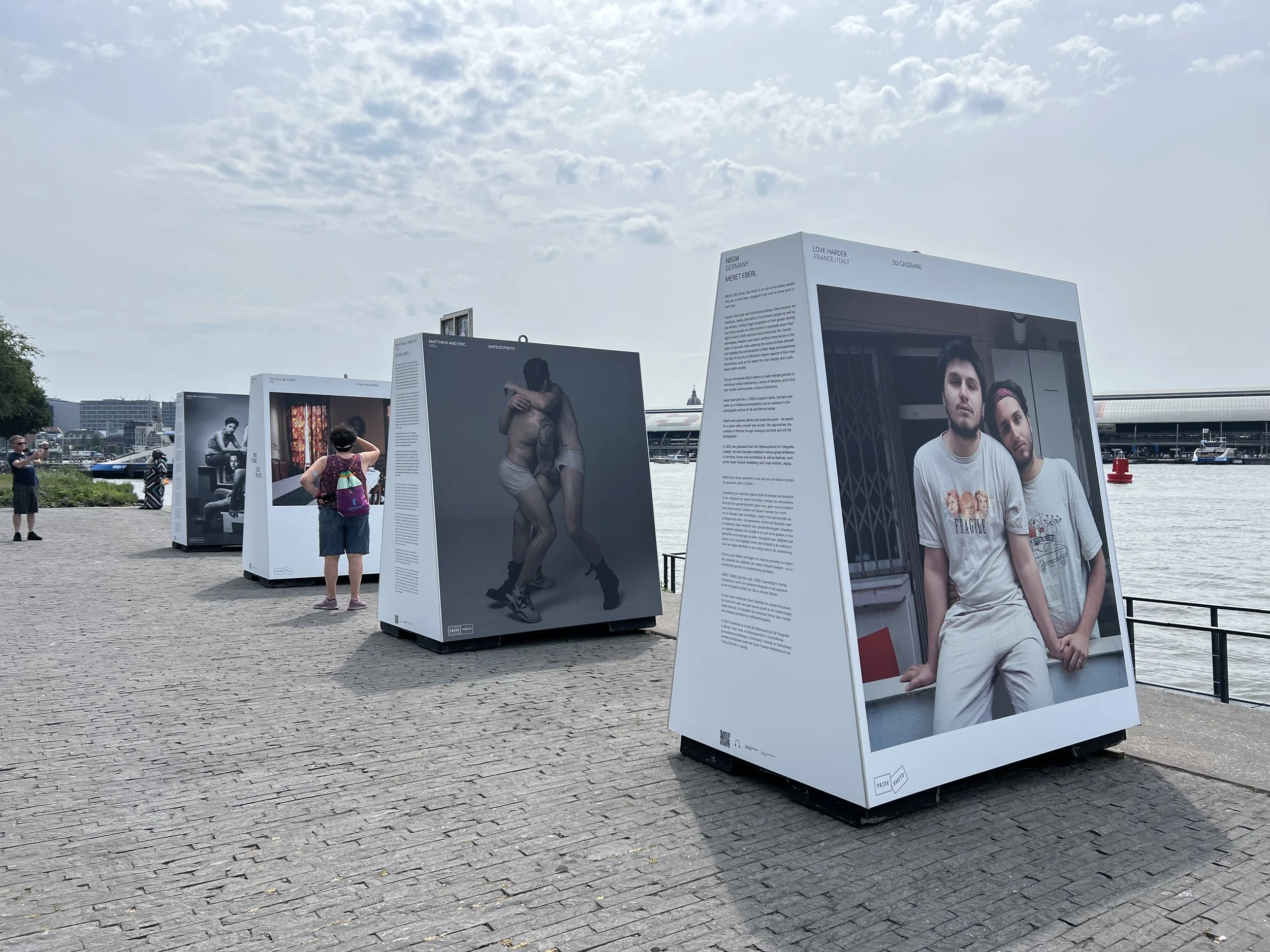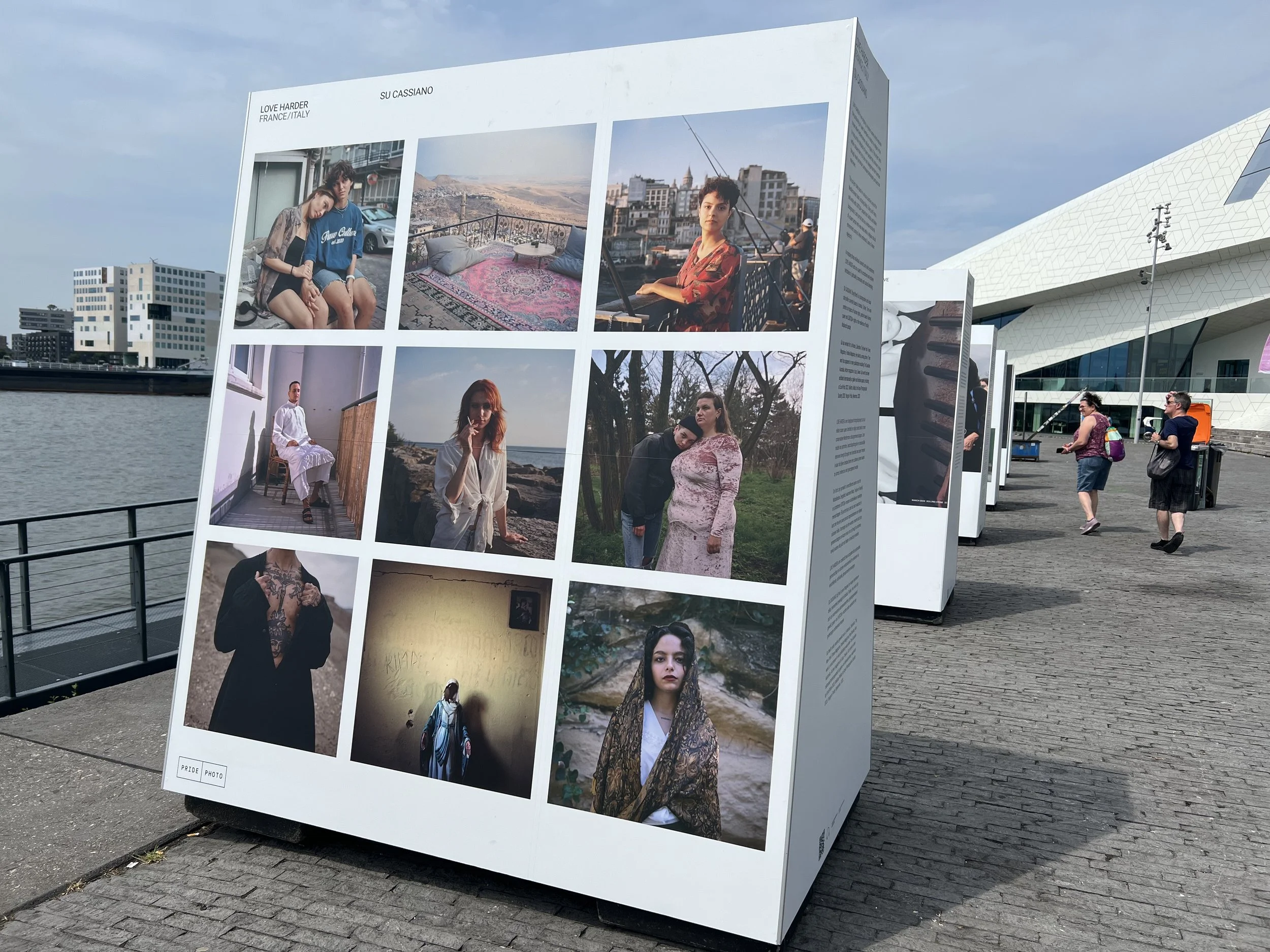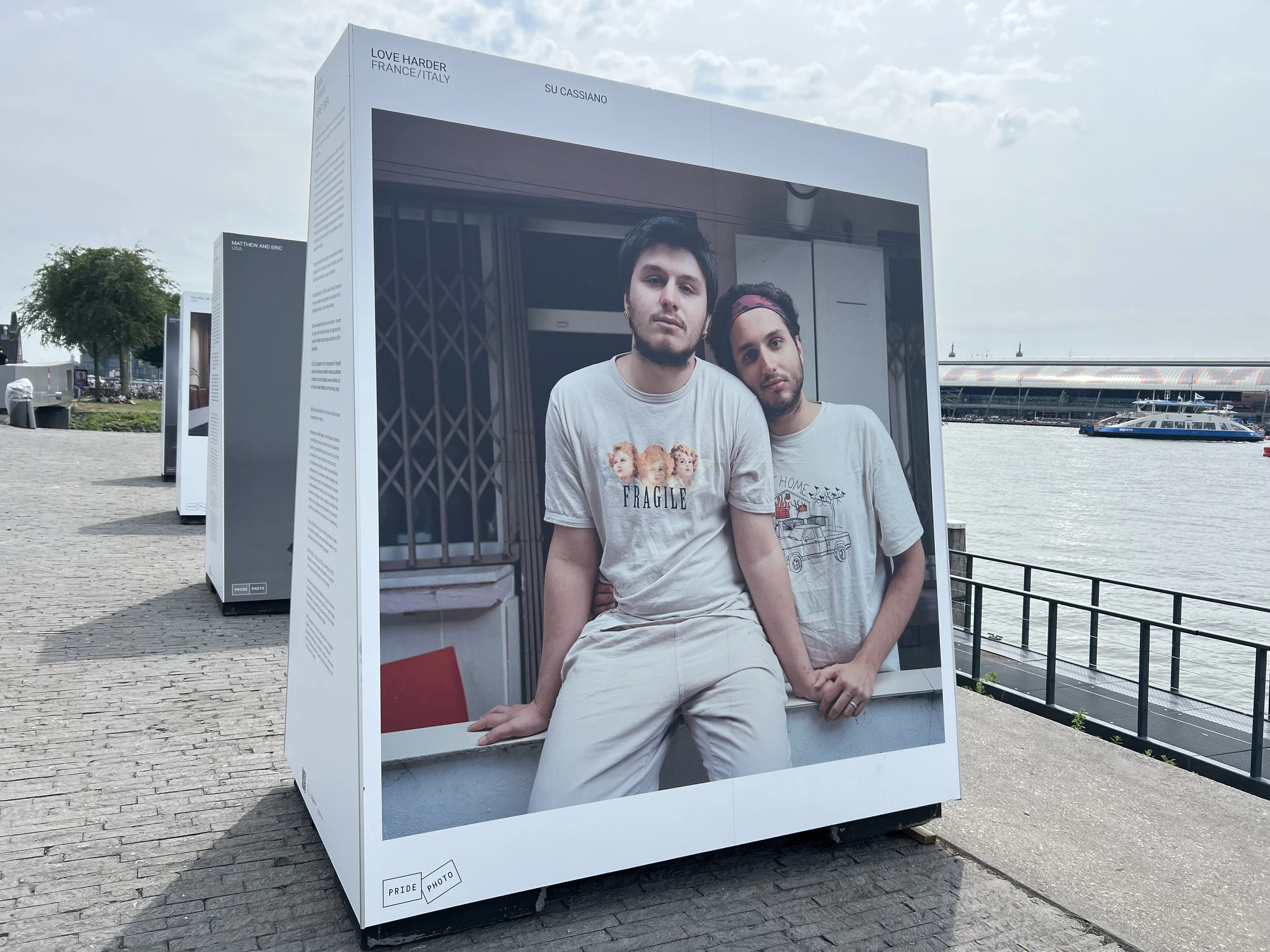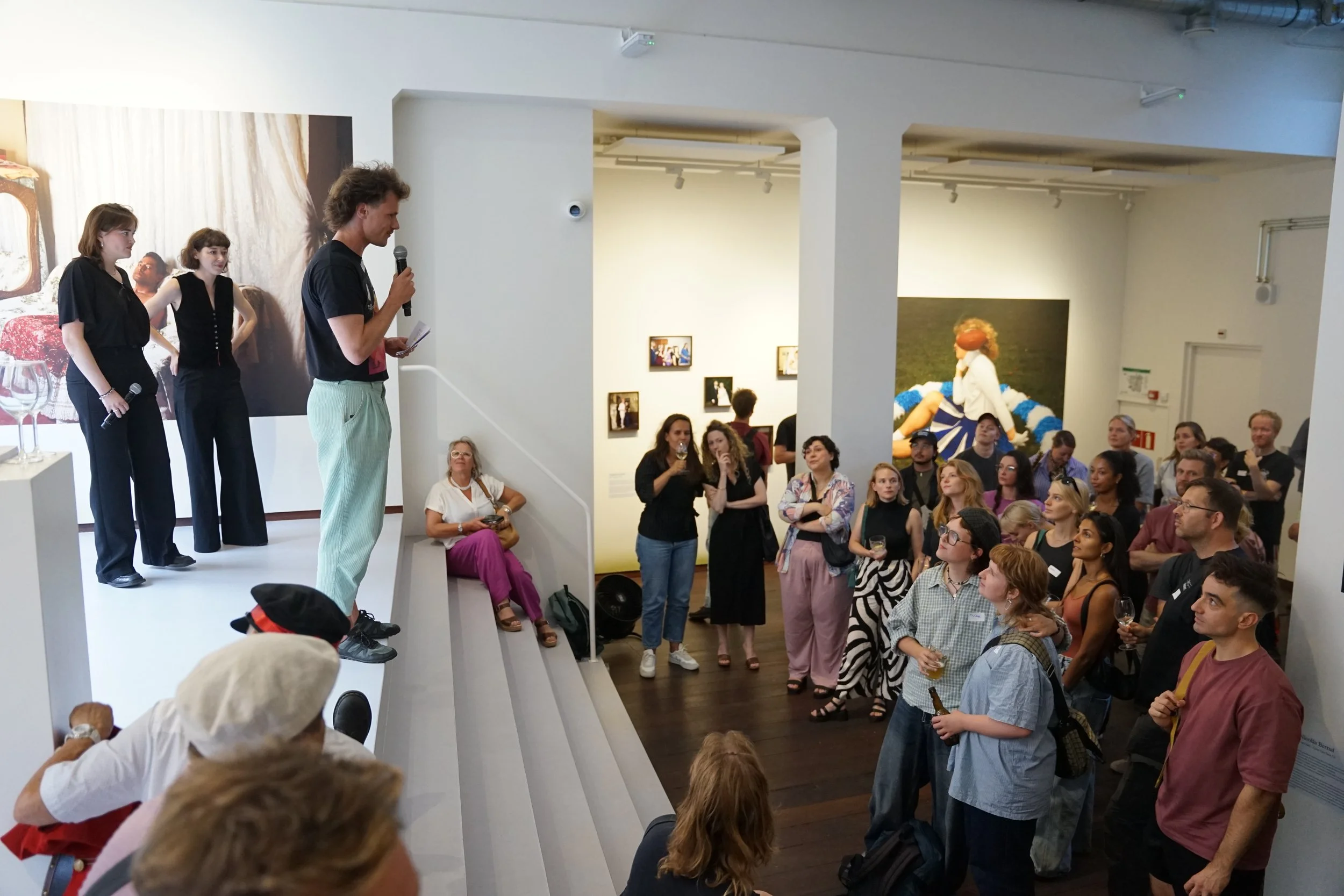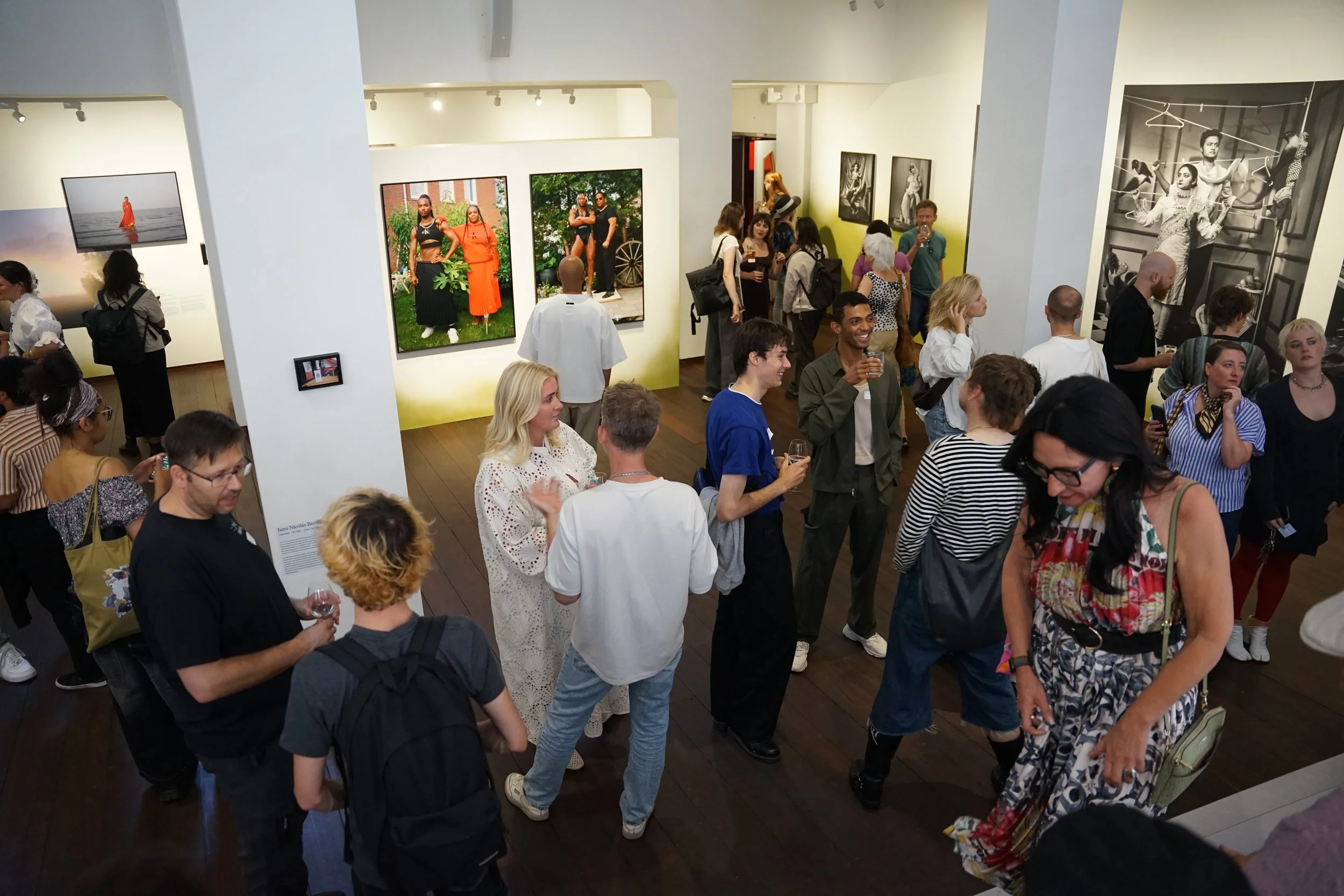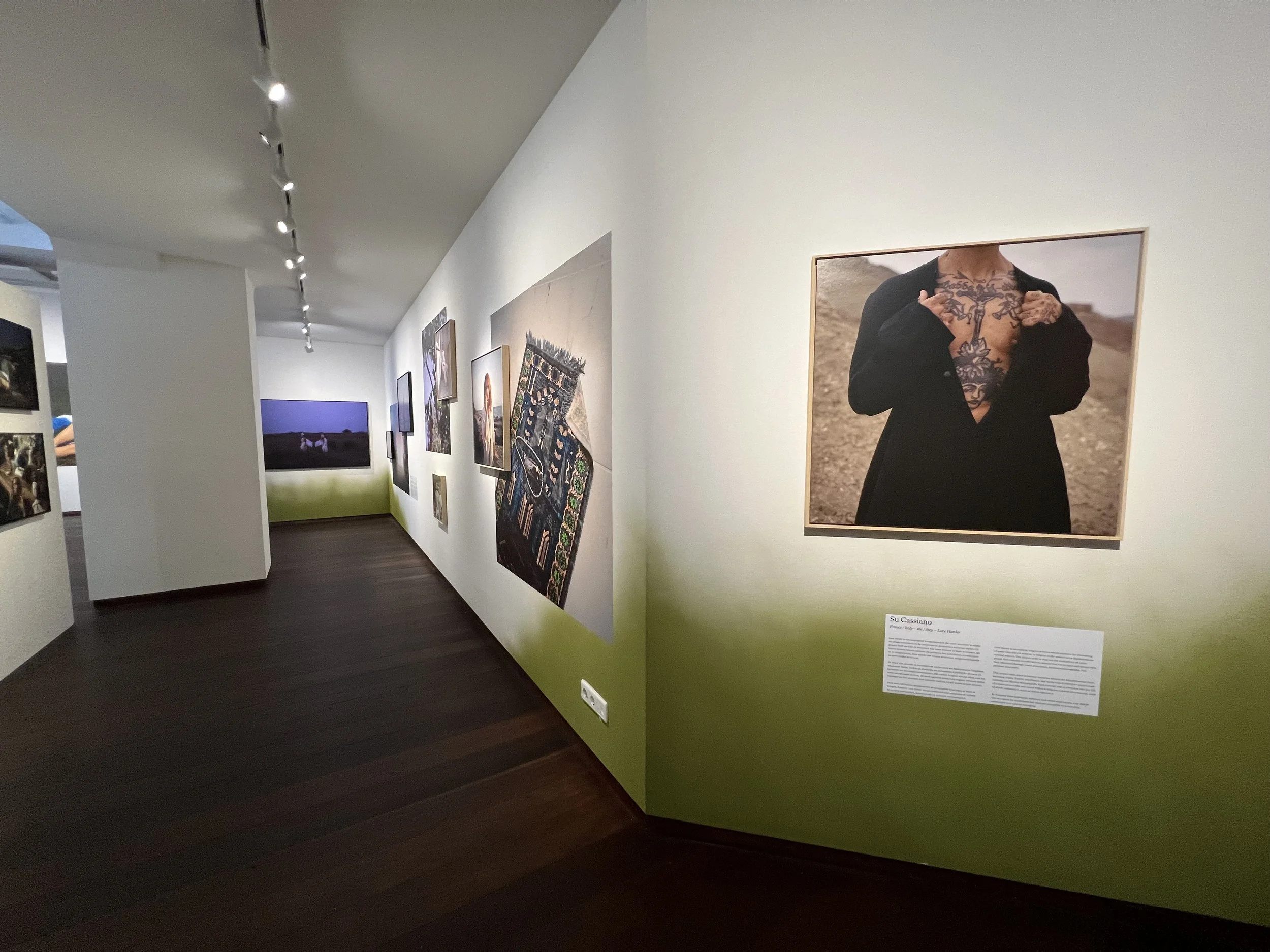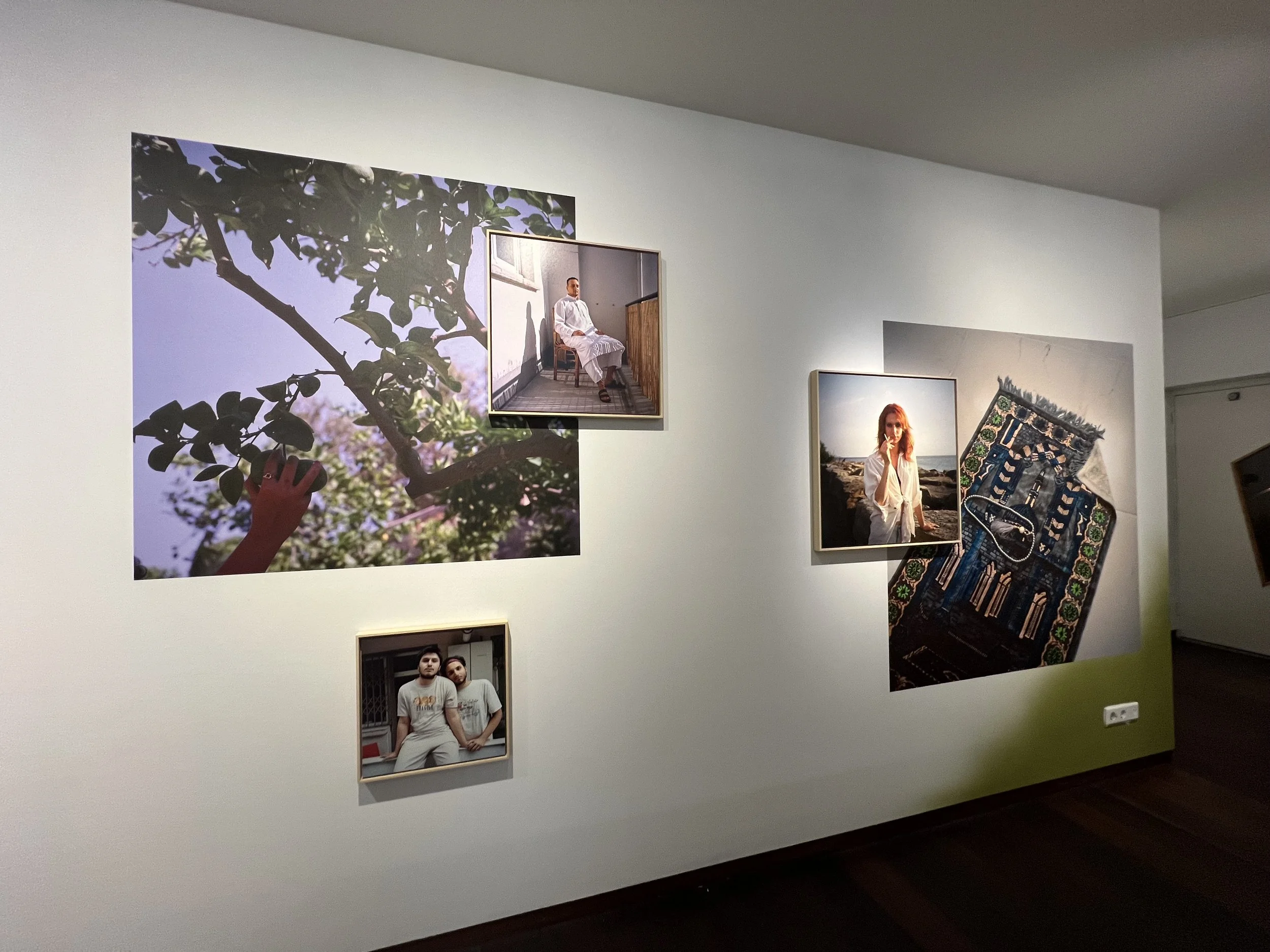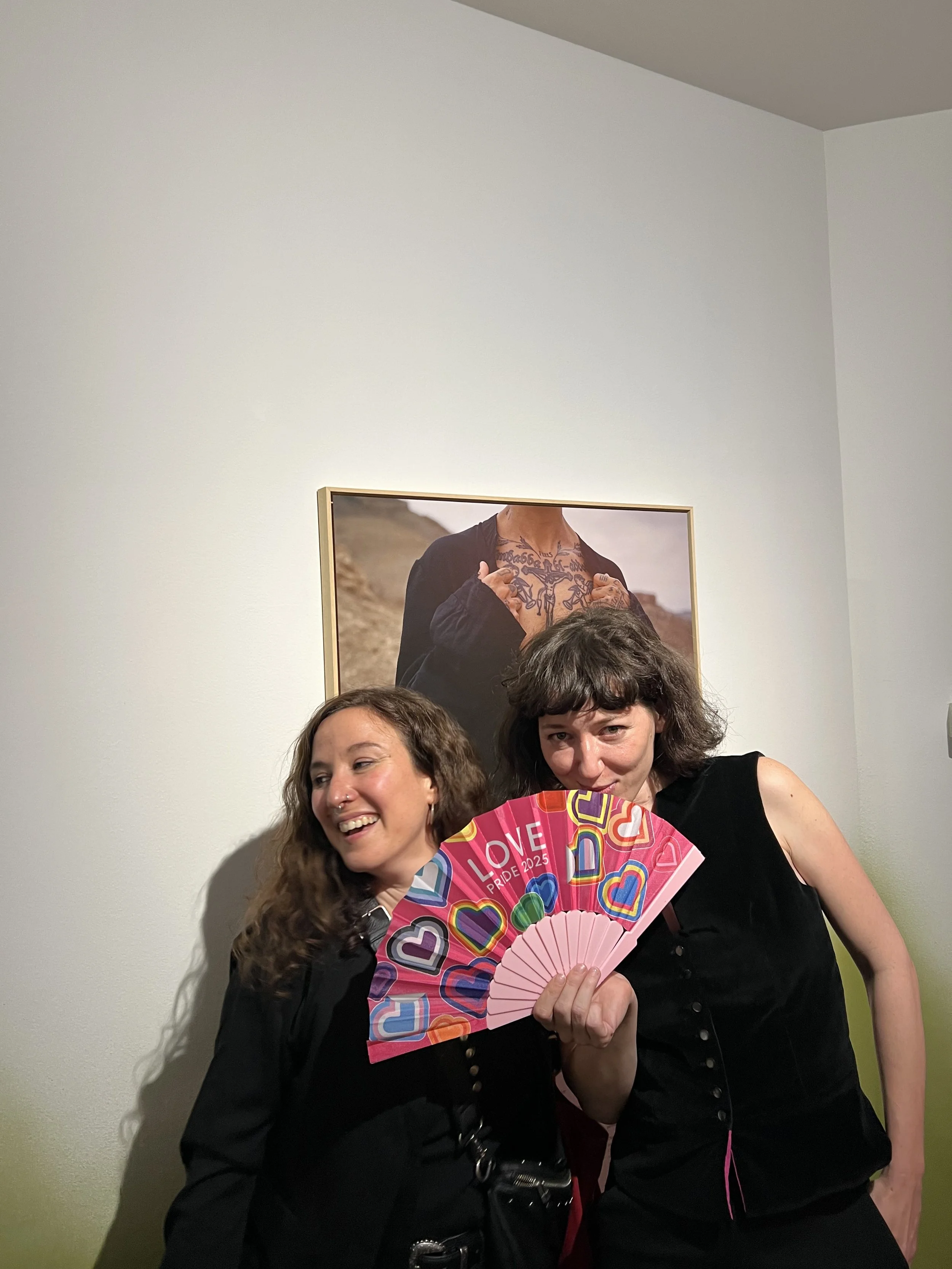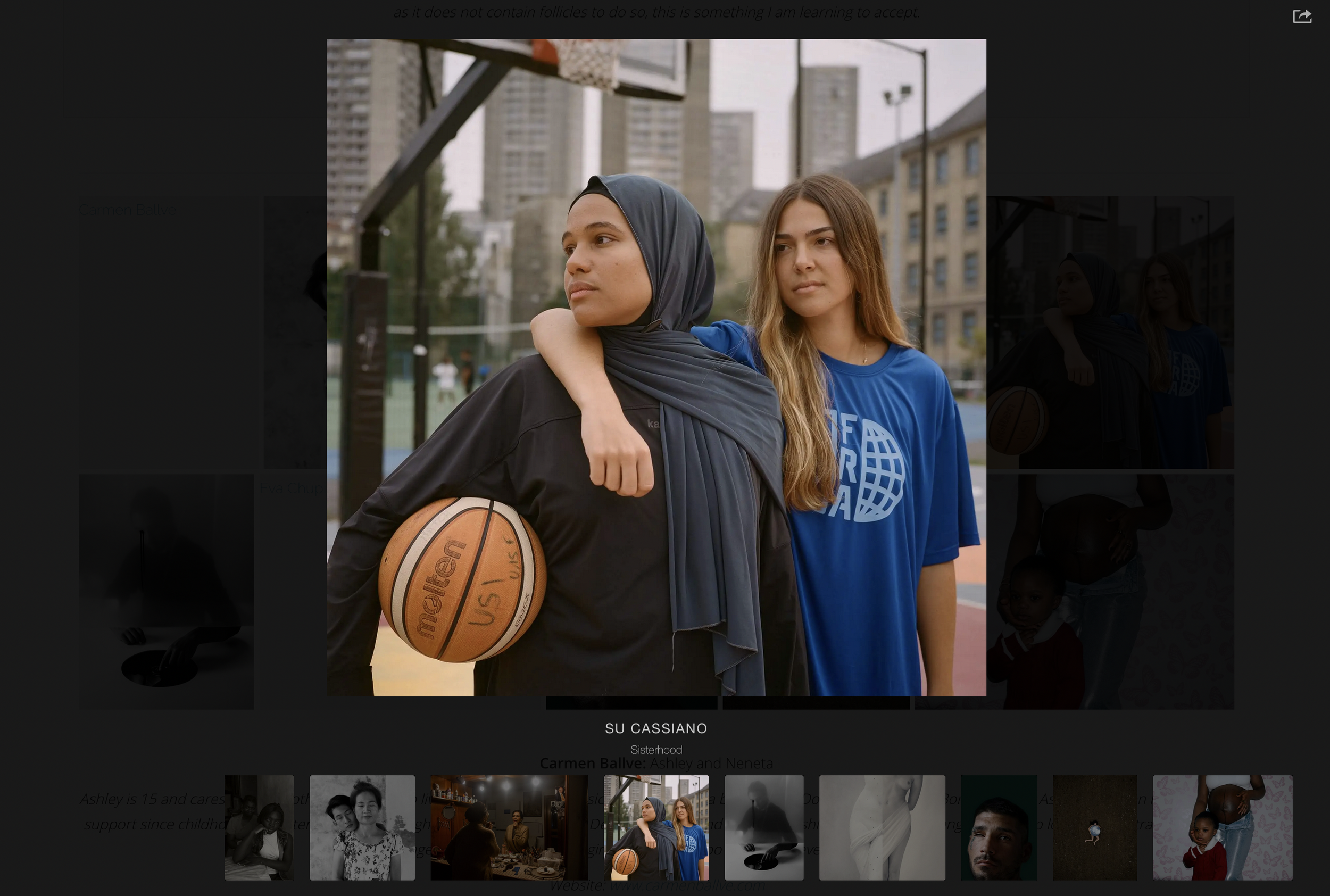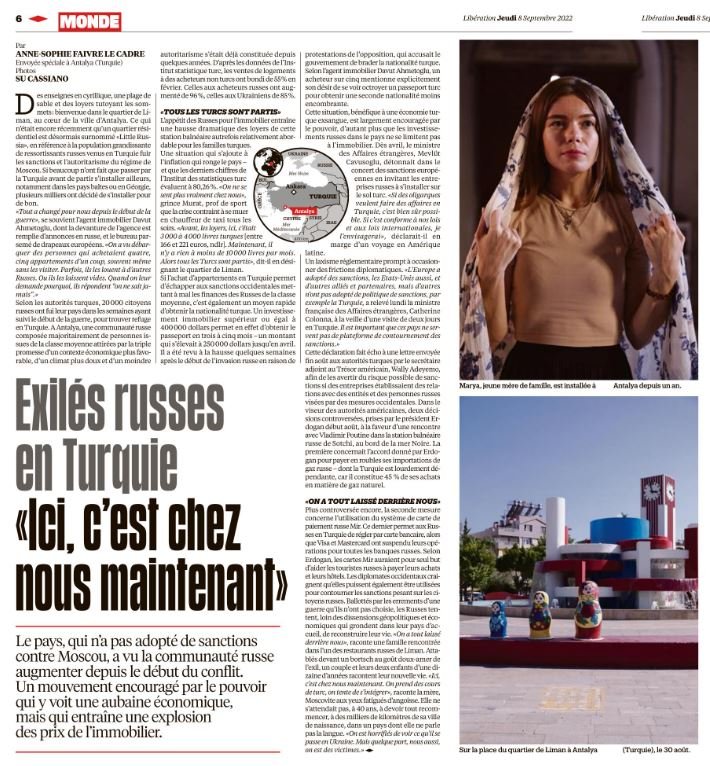Many moons back I got interviewed by Imogen Bakelmun on my work around gender, representation and mental health.
This is an extract:
‘When it comes to self-expression there is always a performative aspect. Everyone has a sense of their self, a way that they want to be perceived, so getting a genuine image is hard. When I was taking Liam’s image, I kept thinking how even our private spaces, somewhere as personal as a childhood bedroom, are always connected to other people. In the space of our fathers and mothers, how much can we be ourselves? How much of others do we hold within ourselves?.’ Su Cassiano
Su themselves was initially reluctant to engage with projects that focused on men and masculinities. ‘For a long time, I didn’t photograph any cis-men, they are the default- I wanted to represent people that were less visible, less represented. For years, I’ve been working on gender identity and I was never really interested in men, why would I give them visibility? They are the ones who make the gaze, they are the ones always represented, they are the ones shaping the world -our imperialist, patriarchal, heteronormative world,’ Su explains.
‘But recently I read Bell Hook’s The Will to Change and Pierre Bourdieu’s Masculine Domination, and it’s clear that you can’t have a conversation about gender without also having a conversation about men because they are part of the problem or the cause of the problem, and certainly are affected by the patriarchy too.’
‘Men are not encouraged to be vulnerable, it’s something that is gendered from a very young age. Boys don’t cry. Masculinity, like femininity, is constructed and conditioned. One of the only emotions that are valued for men is anger, but it’s a cover. Men can’t grieve. It’s very harmful, and it’s harmful to the entire society. As I recently read somewhere, anger is grief that has nowhere to go. So for men, the only socially acceptable emotion is anger. Now that I have moved to a Mediterranean, Middle Eastern culture, I can perceive this even more.’
You can see the full interview here : https://globalhealth5050.org/its-so-powerful-to-be-seen-su-cassiano/
